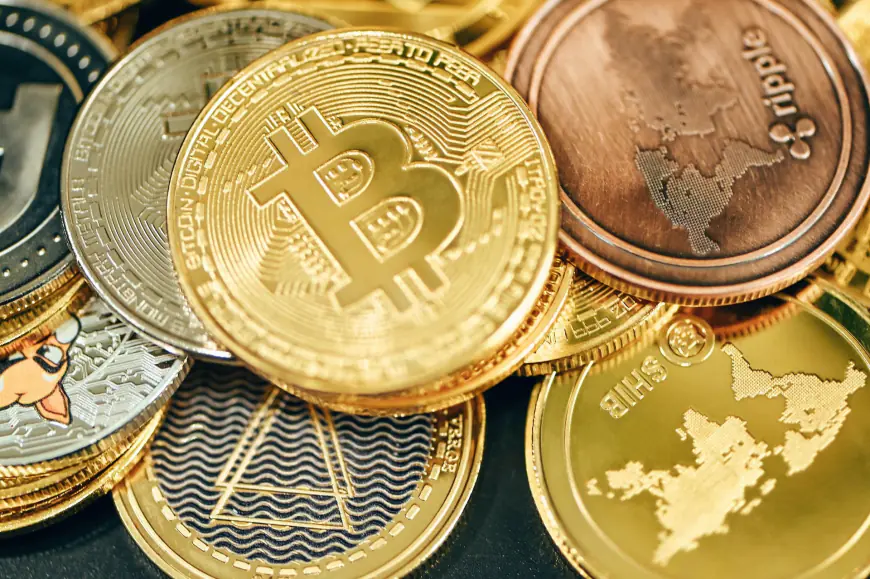ICBC Compares Bitcoin to Gold and Ethereum to Digital Oil in Web3 Ecosystem
The world’s largest bank, China’s ICBC, says that Bitcoin’s status as an asset is growing every year and now compares to gold, boosted by its cryptographic scarcity mechanism. Ethereum is the digital oil providing “technical power for the digital future,” with CBDCs springing up to digitise central bank money and transform cross-border transfers. While the [...]


- The world’s largest bank, China’s ICBC, says that Bitcoin’s status as an asset is growing every year and now compares to gold, boosted by its cryptographic scarcity mechanism.
- Ethereum is the digital oil providing “technical power for the digital future,” with CBDCs springing up to digitise central bank money and transform cross-border transfers.
While the Chinese government may be anti-crypto, the country’s largest bank waxed lyrical on Bitcoin and Ethereum in a recent analysis of digital assets.
The Industrial and Commercial Bank of China (ICBC), the world’s largest bank with $6.3 trillion in assets under its management, published the analysis on June 6, delving into the division and integration of digital currency.
Chinese SOE banks keep writing love letters to #bitcoin and #ethereum.
Here ICBC is going with "digital oil." pic.twitter.com/qqgIFiup1r— matthew sigel, recovering CFA (@matthew_sigel) June 10, 2024
ICBC noted that Bitcoin “retains the scarcity similar to gold through mathematical consensus while solving [gold’s] problem of being difficult to divide, difficult to identify authenticity, and inconvenient to carry.”
However, according to the Beijing-based bank, Bitcoin is gradually losing its monetary attributes. Bitcoin was designed to be electronic cash when it launched, but over the years, its high fees and slow transactions have made it impossible to scale for the masses. At seven transactions per second, Bitcoin barely has the capacity to serve a small city, let alone the global economy.
But according to ICBC, as the monetary attributes fade, its asset attributes have been strengthening. Today, Bitcoin is considered more of an asset than a currency and is constantly referred to as digital gold. Its lower correlation with global stocks, commodities and securities has made it a safe haven in the past during rocky economic times, although the influx of institutional money is eroding this status.
At press time, Bitcoin is trading at $66,800, having lost 3.7% in the past day amid a 90% surge in its trading volume to hit $31.3 billion. However, analysts still believe the top crypto can hit $100,000 this month, as Crypto News Flash reported.
Ethereum Is The Digital Gold
While Bitcoin thrives as an asset, Ethereum has cemented its role as the underlying technology for decentralised applications, ICBC’s report points out, stating:
Ethereum has been continuously upgrading its technology in terms of security, scalability and sustainability, providing technical power for the digital future. In addition, the introduction and development of stablecoins provide a bridge for the digital currency market to connect to teh real world.
ICBC described Ethereum as the “digital oil.” Being Turing-complete and having its own programming language, Solidity, allows developers to deploy complex smart contracts and dApps. This has made Ethereum the mainstay in inventive new fields such as NFTs and DeFi “and is gradually extending to the physical infrastructure network.”
The bank’s report acknowledged recent efforts to improve Ethereum, including upgrading to proof of stake to boost scaling and cut down on energy costs. Additionally, the rise of Layer 2 networks scales the network without overwhelming the existing nodes.
ETH trades at $3,530 at press time and has lost 4% in the past day amid a broader red wave that has seen ADA, SHIB, BNB, NEAR, UNI and ICP all shed over 3.5%.
What's Your Reaction?









































































































